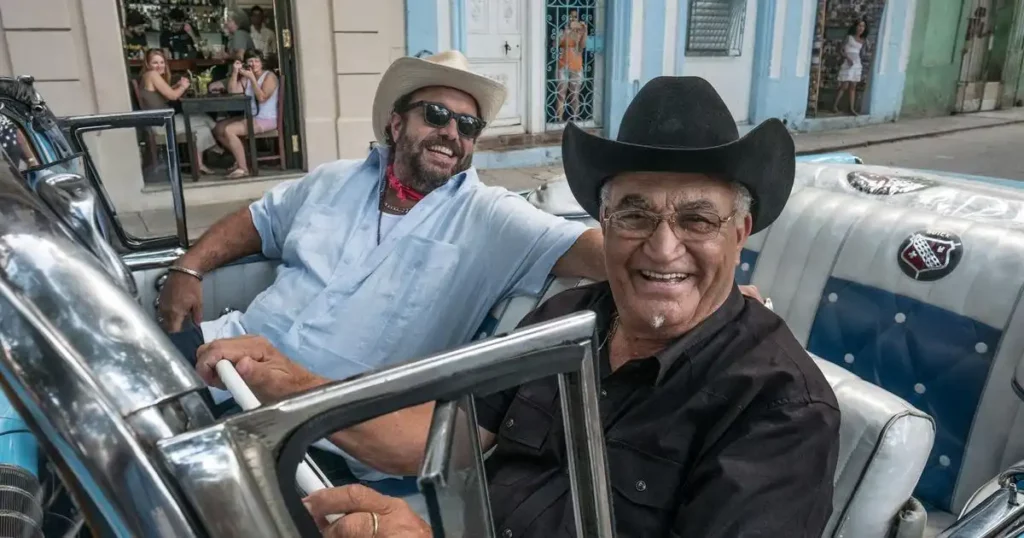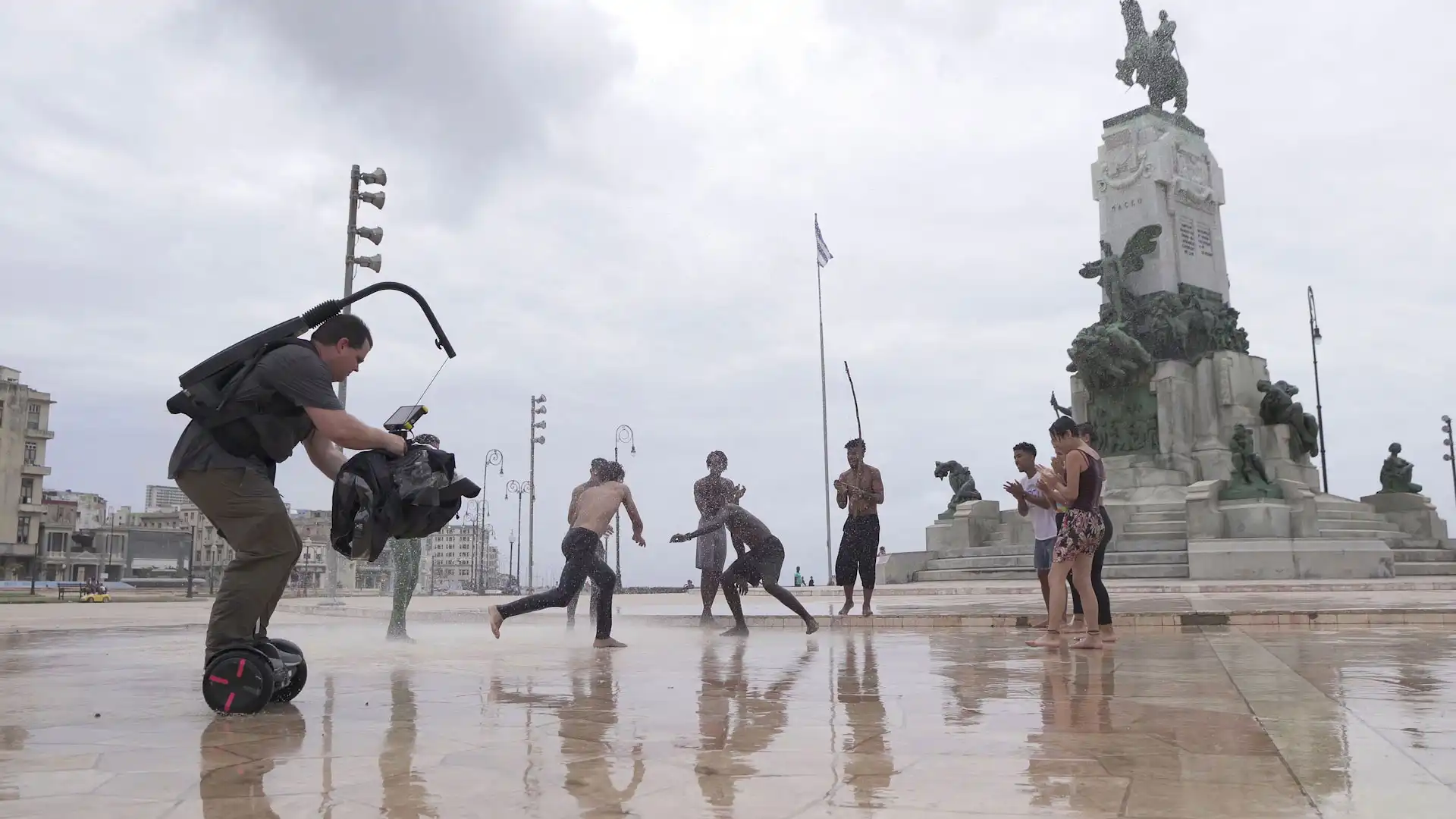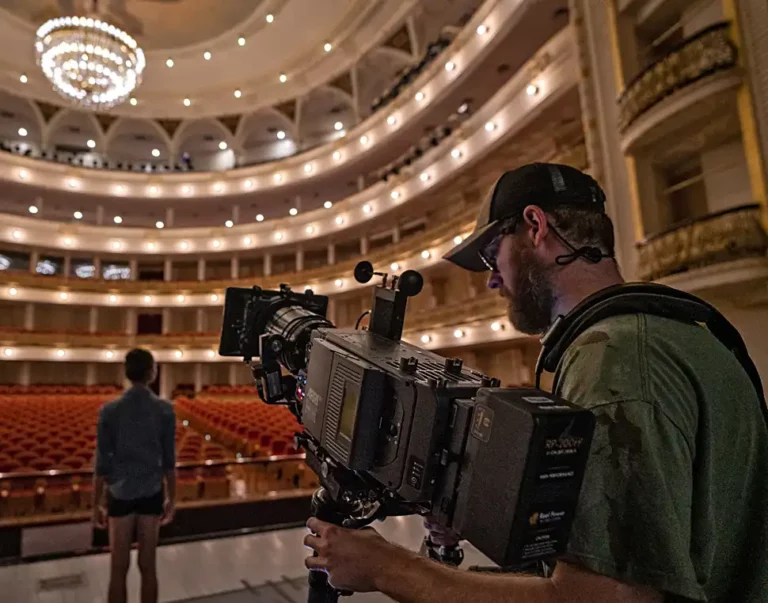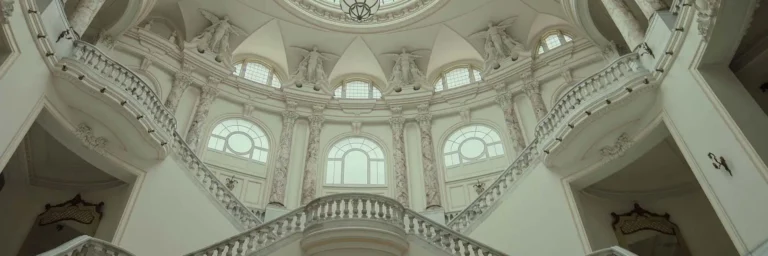Shoot Cuba Like a Pro: Updated for 2025
Why Cuba Shoot in Cuba?
Cuba’s cinematic charm is undeniable— Shoot Cuba like a pro in all it’s color. Vibrant streets pulsing with music and movement, colonial architecture weathered with history, untouched landscapes that stretch from turquoise coastlines to lush valleys, and a cultural rhythm that breathes life into the frame. It’s a country where visual storytelling finds its soul—not just in the scenery, but in the spirit of the people and the stories in every corner.
But filming in Cuba isn’t just about capturing beauty. It’s about understanding the delicate choreography behind the scenes. The production ecosystem here is unlike anywhere else: layered with government protocols, visa logistics, and institutional gatekeepers that require not just compliance, but cultural fluency. Success depends on precision—knowing which permits to secure, which institutions to approach, and how to time your shoot around local realities.
It also demands respect. Respect for Cuban labor, for the value of local expertise, and for the social and political context that shapes how things get done. Foreign crews who treat Cuba like a backdrop often stumble. Those who engage with Cuban professionals as collaborators—not just facilitators—unlock a level of access, trust, and authenticity that elevates the entire production.
And above all, it requires insight. The kind that only comes from working with people who live the process daily. Cuba Fixer was built on that principle: that local knowledge isn’t a luxury—it’s the foundation of a successful shoot.

Eliades Ochoa en Raul Malo share a ride in Havana while filming
Havana Time Machine for PBS Great Performances.
Producers: Todd Jarrell & Todd Mayo. Co-Producer: Josue Lopez Lozano
What You Need to Know Before You Roll
Filming in Cuba requires more than just gear and a crew. Here’s what separates a smooth shoot from a logistical nightmare:
✅ Government Permits Are Mandatory
No shoot happens without official authorization. Every fixer, producer, or service company must go through government institutions to secure filming permits. There are no shortcuts, and no independent entity can legally bypass this process. But we make sure you get them, we care.
✅ Work With Locals—Not Middlemen
Local Cuban Production Service Companies know the terrain, the bureaucracy, and the cultural nuances. Middlemen often inflate costs and complicate communication. Go direct, go local.
✅ No Tax Incentives—Despite What You’ve Heard
There is no legal Film Commission in Cuba, and no official tax rebate or incentive program for foreign productions. Any claim of a 40% rebate is misleading and often tied to inflated budgets and underpaid local crew.
Key Institutions for Film Permits
Depending on your project, you’ll work with one of these three:
1. International Press Center (CPI-MINREX)
Handles journalist visas and press credentials. The process here starts in the conutry where your company is based. If you plan to come and Shoot Cuba for News or Documentarios, this is my favorite. It is really not complicated, we just need to start the process with time so there are no hiccups.
The best thing about this one is that with the Press Pass you can jump out of a car and shoot. No local permit required for the streets, it is a general permit for puplic areas, unless otherwise noted. If you want to shoot Cuba like a pro, these are my favorite people.
Ideal for:
- Documentaries
- News coverage
- TV series with journalistic elements
Processing time: 3–6 weeks
Fees: ~$90 USD/Euro per person + ~$60 USD/Euro for credentials
2. Casa Productora de Telenovelas (CIS)
Supports scripted fiction, commercials, and feature films. This guys move quite fast, for the Country, of curse, with us holding your hand and theirs. Everything is smoother with us, but we like these one for non fiction, commercials, Photoshoots.
Permit time: 2–4 weeks
Visa process: Tourist visas converted to working visas upon arrival
3. ICAIC (Instituto Cubano de Arte e Industria Cinematográficos)
The official cinema authority. Bureaucratic, slow, and expensive.
Used only when required by the project or the government. In most cases we stay away, but certain projects need the support of the bigger structure. Since it’s directly linked to the Ministry of Culture, it could be even imposed by the authorities as a local institutional partner. Don’t get me wrong, there’s nothingbad about it, is just faster to work with other institutions for the vast majority of projects.
Cuba Fixer: Shoot Cuba like a pro, with us.
We don’t just navigate the system—we live it. Cuba Fixer works directly with these institutions to streamline your permit process, minimize delays, and ensure your shoot stays on track. We prioritize transparency, fair wages, and cultural respect.
First contact
Get to us via the contact form and Whatsapp. We can give you a FREE* consultation. This will clarify anything you need to know. Budget questions, access, characters, locations, and even editorial ideas if you need them.
Your Professional Shoot in Cuba
Rest assured that our advice and guidance will guarantee a smooth and cost-effective shoot. Our team has decdes of experience in the field, our institutionals connections reach the highest levels and the desicion makers. We have a spotless track reccord and reviews from world renown photographers, directors, and media professionals. BBC Earth, CNN, PBS, Chennel 5UK, W Network Canada, TG4 Ireland, Phoenix News in Taiwan, ABC Australia, TIME Magazine, Washington Post, The New York TImes, LA Times, Getty Images, USA Today, and many more have trusted our services with amazing results.
From a one man project to a 100+ strong crew, we have done it. Local crew, equipment sourcing, scouts, research, visas, permits, and even backgroud checks. We can organize the top hotels or private houses, even executive flights if you need them. VIPs and celebrities alike trust us for they trips to Cuba.
Final Tips for Filming in Cuba
- Plan early: Permit timelines vary.
- Budget realistically: No rebates, no shortcuts, yet the prices are great.
- Respect the culture: Cuba isn’t just a backdrop—it’s a living story.
- Trust local expertise: It’s the difference between “almost” and “nailed it.”


